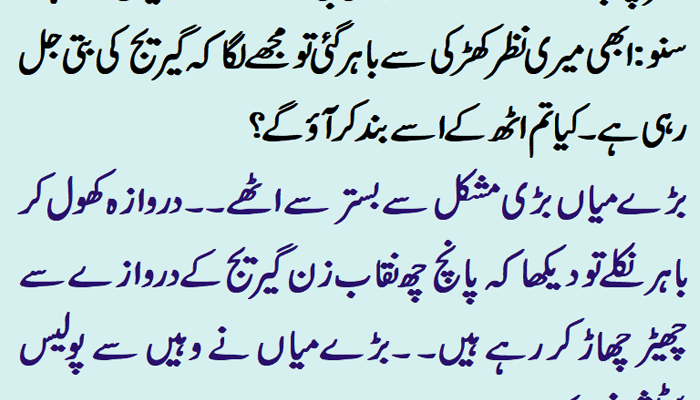Feeling tired occasionally is a normal part of life, often attributed to a busy schedule, lack of sleep, or stress. However, persistent fatigue can be perplexing, leaving individuals wondering, “Why am I tired all the time?” In this exploration, we unravel the mystery behind chronic fatigue, examining potential causes and offering insights into regaining energy and vitality.
Understanding Chronic Fatigue
**1. Inadequate Sleep
One of the most common reasons for persistent tiredness is inadequate sleep. The recommended amount of sleep varies by age, but adults generally need 7-9 hours per night. Factors like poor sleep quality, sleep disorders, or irregular sleep patterns can contribute to chronic fatigue.
**2. Nutritional Deficiencies
A lack of essential nutrients, such as iron, vitamin D, or B vitamins, can lead to fatigue. These nutrients play crucial roles in energy production and overall health. A balanced diet is essential for preventing nutritional deficiencies.
**3. Stress and Mental Health
Chronic stress, anxiety, or depression can take a toll on both mental and physical well-being, leading to persistent fatigue. Managing stress through relaxation techniques, counseling, or therapy can be instrumental in addressing this aspect of fatigue.
**4. Physical Inactivity
While it may seem counterintuitive, a sedentary lifestyle can contribute to fatigue. Regular physical activity is essential for promoting energy levels, improving mood, and enhancing overall health.




Potential Medical Causes
**5. Thyroid Dysfunction
Thyroid disorders, such as hypothyroidism, can result in fatigue. The thyroid gland plays a vital role in regulating metabolism, and dysfunction can lead to a range of symptoms, including persistent tiredness.
**6. Chronic Fatigue Syndrome
Chronic Fatigue Syndrome (CFS) is a complex disorder characterized by extreme fatigue that doesn’t improve with rest. The exact cause of CFS is unknown, and its diagnosis often involves ruling out other medical conditions.
**7. Sleep Disorders
Conditions like sleep apnea or insomnia can disrupt normal sleep patterns, leading to chronic fatigue. Seeking medical evaluation for sleep-related issues is crucial for effective management.
**8. Anemia
Anemia, characterized by a lack of red blood cells or hemoglobin, can result in fatigue. Iron-deficiency anemia is a common type that can be addressed through dietary changes or supplementation.
Lifestyle Adjustments for Increased Energy
**9. Balanced Diet and Hydration
Eating a well-balanced diet that includes a variety of nutrients is essential for combating fatigue. Hydration is equally crucial, as dehydration can contribute to feelings of tiredness.
**10. Establishing a Sleep Routine
Creating a consistent sleep routine, including a regular bedtime and wake-up time, can improve sleep quality. Creating a conducive sleep environment, free from distractions, is also beneficial.
**11. Mind-Body Practices
Incorporating mind-body practices such as yoga, meditation, or deep breathing exercises can help manage stress and promote relaxation, contributing to increased energy levels.
**12. Gradual Exercise Incorporation
For those with a sedentary lifestyle, gradually incorporating exercise into daily routines can have a positive impact on energy levels. Consultation with a healthcare professional is advisable, especially for those with existing health conditions.
Seeking Professional Guidance
**13. Medical Evaluation
If persistent fatigue is a concern, seeking medical evaluation is crucial. Healthcare professionals can conduct tests to identify potential medical causes, rule out underlying conditions, and recommend appropriate interventions.
**14. Consultation with Specialists
Depending on the suspected cause of fatigue, consulting with specialists such as sleep medicine physicians, endocrinologists, or mental health professionals may be beneficial for a more comprehensive evaluation and tailored management.
Conclusion
Unraveling the mystery of persistent fatigue involves a holistic approach that addresses various aspects of life, including sleep, nutrition, mental health, and physical activity. Identifying the underlying causes and making lifestyle adjustments, coupled with professional guidance when needed, can pave the way toward renewed energy and well-being. If you find yourself constantly asking, “Why am I tired all the time?” know that there are answers and solutions to reclaiming vitality and embracing a more energized life.







